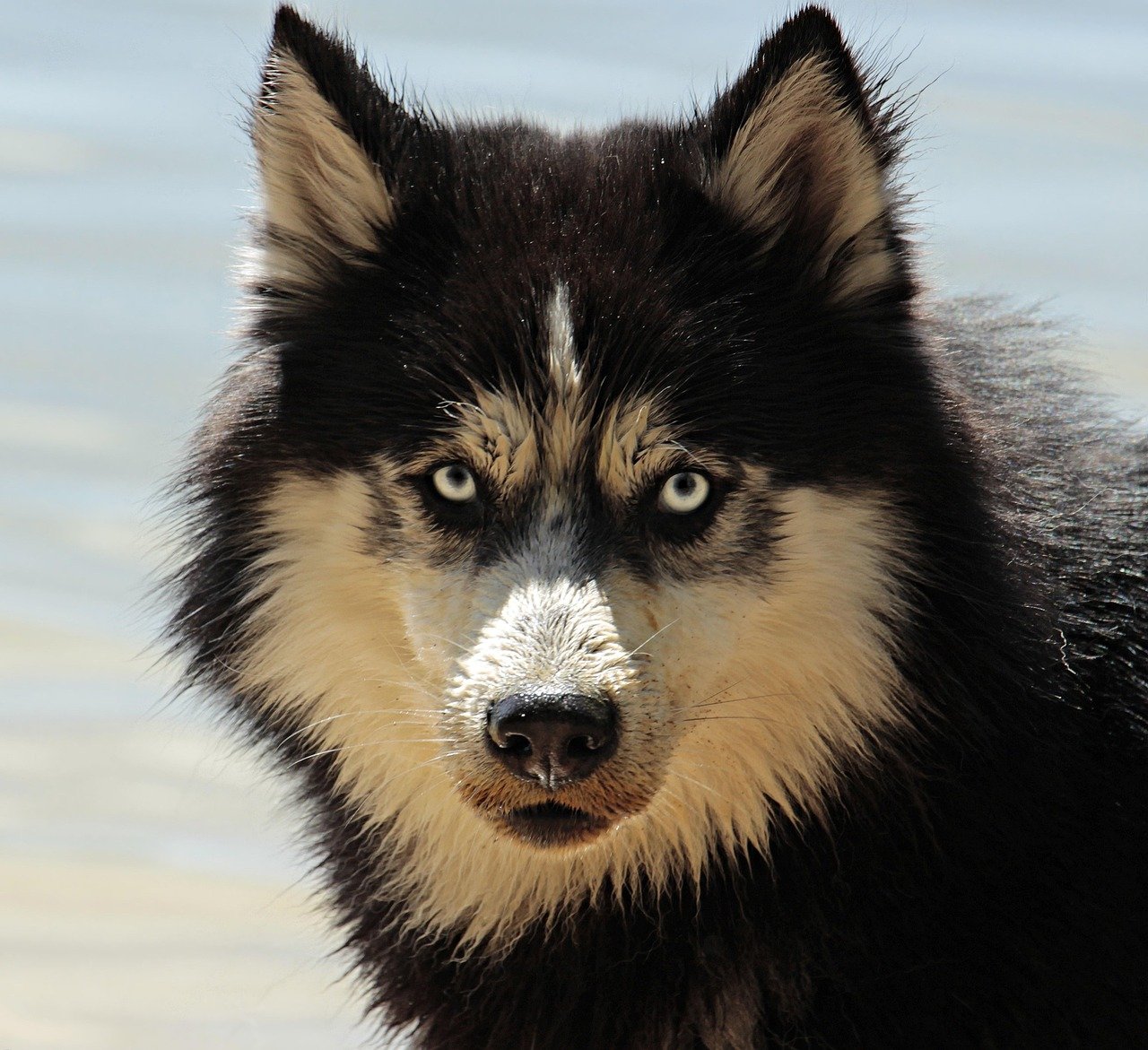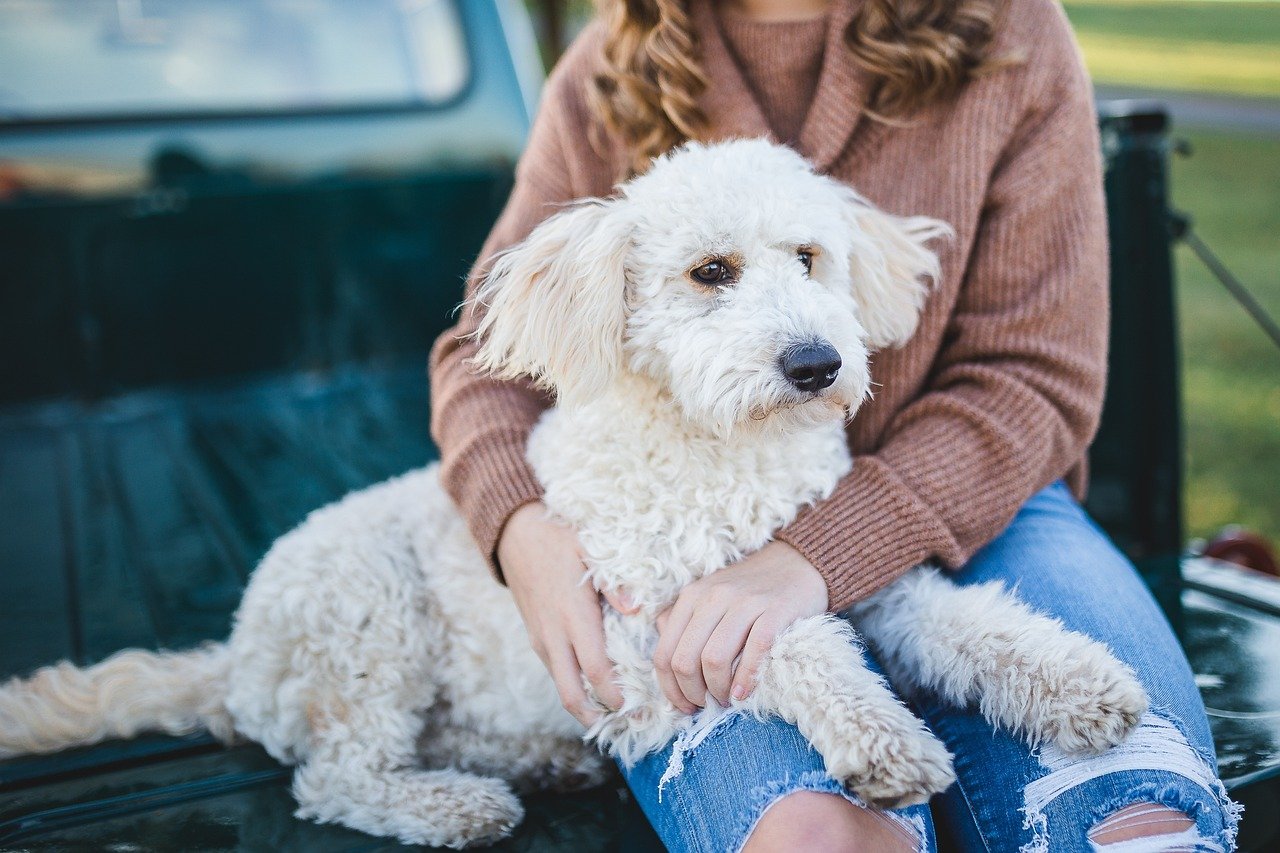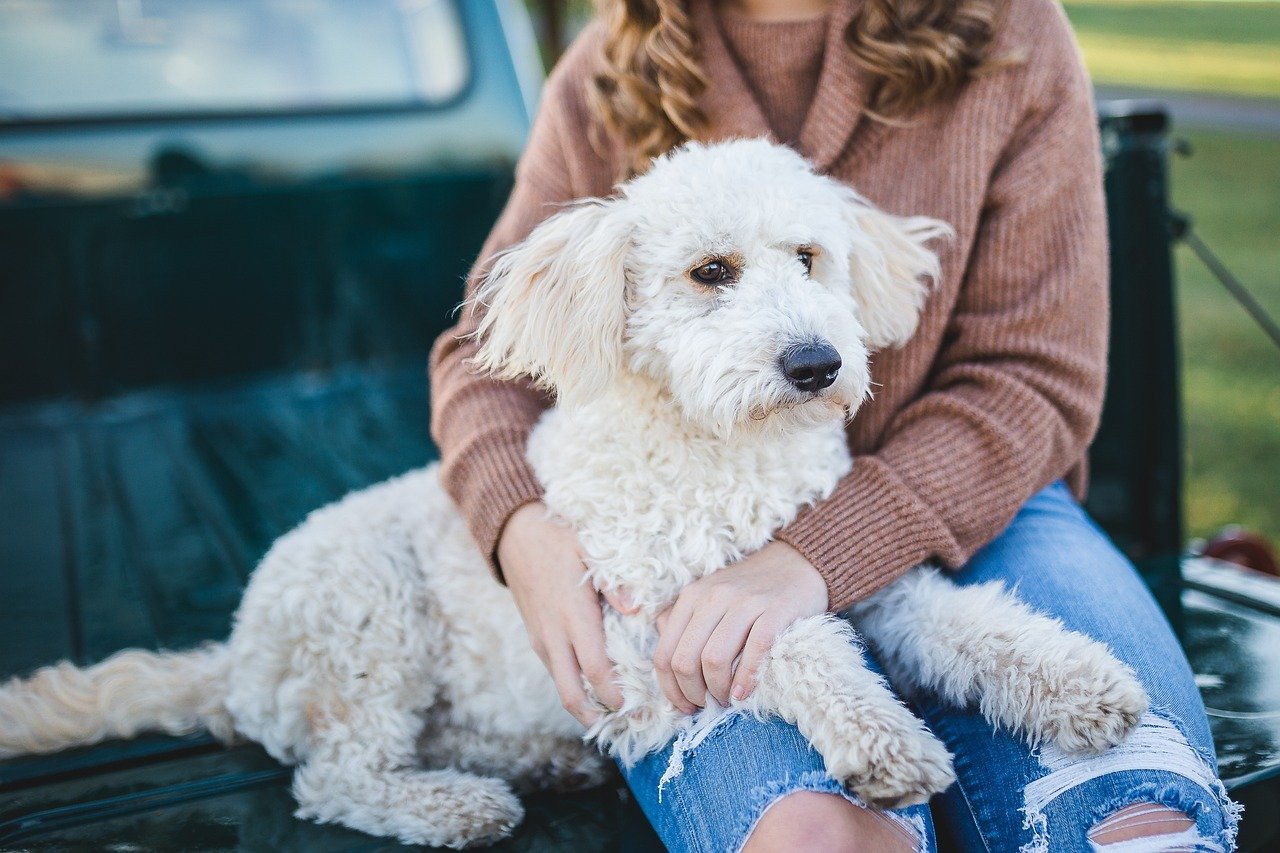Have you ever come home to find your favorite shoes chewed up, or a mysterious puddle on the carpet, and wondered, “Why is my dog suddenly misbehaving?” You’re not alone! Every dog owner has faced at least one baffling moment when their furry friend acts out for no apparent reason. Sometimes, the cause is more surprising than you’d think. Let’s dig into the unexpected, sometimes hilarious, and always enlightening reasons behind your dog’s sudden naughty streak.
They’re Feeling Bored—And Want a Little Adventure
Dogs are bright, curious creatures who need regular mental and physical stimulation. When they don’t get enough, boredom can transform even the sweetest pup into a mischievous troublemaker. Imagine being stuck in a small room all day with nothing to do—eventually, you’d start looking for entertainment too! Dogs might dig holes, chew furniture, or bark excessively just to shake things up. If you notice your dog getting into mischief, it could be their way of saying, “Hey, I need something fun to do!” Regular walks, interactive toys, and new tricks can quickly turn things around. Sometimes, a simple game of fetch is all it takes to save your socks from becoming chew toys.
They’re Trying to Communicate a Need
Sometimes, acting out is your dog’s way of sending you a message. Maybe they’re hungry, thirsty, or need a potty break. Dogs don’t have words, so they express themselves through actions—sometimes dramatic ones! A dog who starts scratching at the door, barking, or whining might just be trying to get your attention for a basic need. If your pup suddenly starts acting up, pause to check whether their food or water bowls are empty, or if they need a trip outside. Meeting these needs first can often solve the problem before it escalates. Think of it like a toddler throwing a tantrum when they need a snack—sometimes, the answer is as simple as a full belly or a little fresh air.
Changes in Routine Are Throwing Them Off

Dogs love routine almost as much as they love treats. A sudden change in your daily schedule—like a new job, vacation, or even daylight savings time—can make your dog feel unsettled. They thrive on knowing when meals, walks, and cuddles are coming. If things suddenly shift, some dogs express their confusion or anxiety by acting out. You might notice them barking more, refusing to eat, or becoming extra clingy. Even small changes, like moving their bed to a new spot, can be surprisingly disruptive. Helping your dog adjust by slowly introducing changes or keeping some parts of their routine consistent can make a world of difference.
They’re Not Feeling Well, and It Shows
Just like people, dogs can get cranky or act out when they’re not feeling their best. Illness, pain, or discomfort can make even the friendliest dog behave out of character. Maybe they snap at you when you try to pet them or start having accidents in the house. These behaviors can be their way of saying, “Something hurts!” If your dog’s acting out seems sudden and there’s no obvious cause, it’s smart to check for other signs of illness like limping, loss of appetite, or unusual lethargy. A quick trip to the vet might reveal the real reason behind their behavior—and help get them back to their playful selves.
They’re Picking Up on Your Stress

Dogs have a sixth sense for human emotions. If you’re feeling anxious, overwhelmed, or upset, your dog might start acting out as a response to your energy. It’s like an emotional mirror—they sense your mood and reflect it in their own behavior. You might notice your usually calm dog getting restless, barking more, or becoming extra clingy when you’re stressed. Taking a few minutes to relax together, maybe with some gentle petting or a walk, can help both of you feel better. Dogs love being your loyal companion, and sometimes they just need reassurance that everything’s okay.
They’re Reacting to New People or Pets
Introducing a new family member—whether it’s a baby, roommate, or another pet—can really shake up your dog’s world. Dogs are creatures of habit, and meeting someone new can be exciting, confusing, or even a bit scary. You might see them barking more, acting jealous, or suddenly ignoring commands. This behavior is their way of figuring out where they fit in the new social puzzle. It helps to give your dog extra attention, maintain their usual routines, and slowly introduce them to new faces. With patience, most dogs will adjust, but expect some quirky behaviors along the way. After all, sharing your favorite human is a big deal!
They’re Testing Boundaries (Just Like Kids!)
Believe it or not, dogs sometimes act out just to see what they can get away with—kind of like a child testing the limits. Maybe you let them on the couch once, and now they’re claiming it as their throne. Or perhaps they stole a sock and loved the chase that followed. Dogs are quick learners and can pick up on your reactions, sometimes turning naughty behavior into a fun game. Consistent rules and gentle corrections are key to setting boundaries. Remember, your dog isn’t trying to be bad—they’re just exploring their world, one sneaky move at a time.
They’re Not Getting Enough Attention

Dogs are social animals who crave interaction with their humans. If they feel ignored or left out, they might act out to draw you back in. This can include barking for attention, pawing at you, or even stealing your belongings. Picture it: you’re on your phone, and suddenly your dog drops a slobbery toy in your lap or starts whining at your feet. Sometimes even negative attention—like scolding—feels better than being ignored. The solution? Make time for quality moments together, whether it’s a belly rub, a walk, or just a snuggle on the couch. A little attention can go a long way in turning a mischievous mutt back into a happy companion.

Esther is from India; the heartbeat of South Asia, holding a Master’s degree in Zoology and a postgraduate diploma in Animal Welfare. Her enthusiasm for animal welfare drives her passion and dedication to working for animals, ensuring their well-being, and advocating for their rights. With a solid academic background and hands-on experience, she is committed to making a positive impact in the field of animal welfare. In her free time, she enjoys embroidery and sewing. As a Chennaite from Tamil Nadu, Esther loves Bharathanatyam, an Indian classical dance form.






